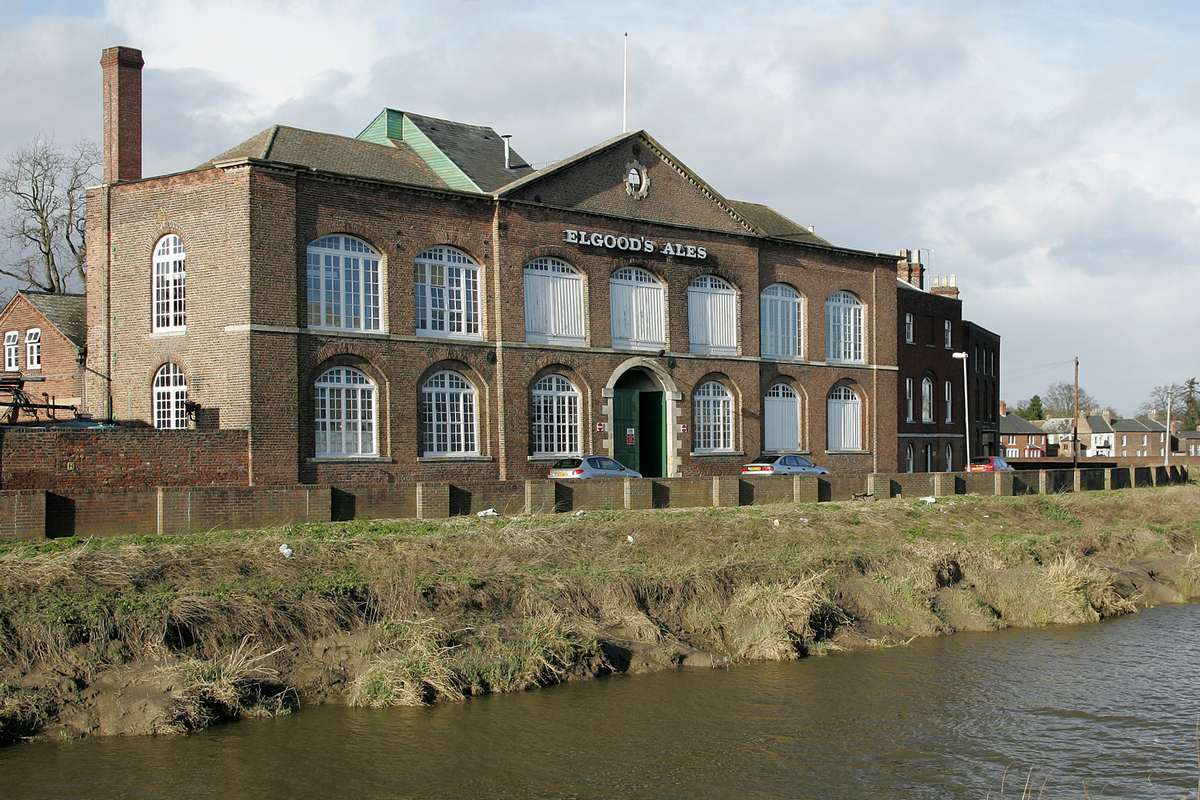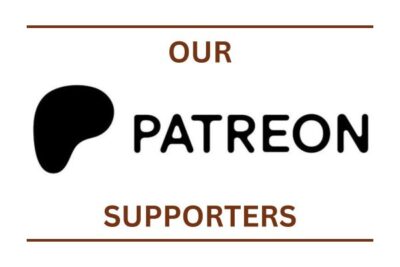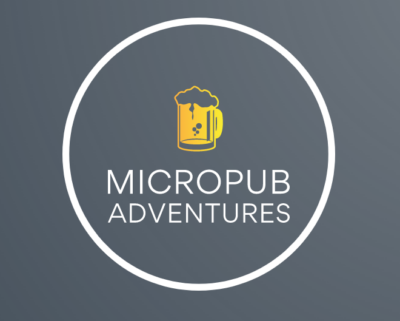Elgood’s Brewery decided to experiment with new beer styles, but didn’t realise its efforts were eligible for R&D tax credits. Find out more in this Beer Today Business Focus feature.

Elgood’s Brewery, in Wisbech, Cambridgeshire
Built in the 1600s and taken over by the Elgood family in 1878, Elgood’s Brewery stands in the heart of Cambridgeshire’s countryside. Belinda Sutton is part of the fifth generation of family owners, and she’s now preparing her two daughters to take over.
From JD Wetherspoon to the United States, Elgood’s brews bevvies for beer lovers around the globe. Its signature beer, Cambridge Bitter, had been around for 143 years when Belinda and her sisters decided it was time to tap into new markets.
The untapped territory was sour beer, due to demand in the US, and flavoured wheat beer, due to demand among women in the UK. For those who find their palate a little too delicate for bitter, Elgood’s created wheat beers in with strawberry, raspberry, mango, banana, apple, and cherry.
Yet bringing sour and wheat beer to market wasn’t without discovering ways that didn’t work, before finding ways that do — plus the odd explosion of alcohol. Little did Belinda and her family know they were undertaking work HMRC classes as research and development (R&D). They’re the first to admit they hadn’t even heard of the government’s valuable R&D tax credits scheme.
“A lot of R&D went into maintaining yeast — particularly over lockdown when we weren’t on site,” said Belinda. “Stabilising a fruit product is tricky. Yeast gets everything going in a beer, yet it took on the fruit and started fermenting a little too much. The wheat beer exploded in the brewery, on its way to the bottler, and in the cellar!”
‘There’s no chance I would’ve attempted to claim R&D tax credits myself’
Another problem that required R&D was head retention and the residue left from the foam in the beer as it’s drunk — known as ‘lacing’. “People drink with their eyes as well as their tastebuds, so lacing and a good head are important,” added Belinda.
“Easy R&D made everything so easy. They proactively identified costs and kept me informed throughout the whole process. There’s no chance I would’ve attempted to claim R&D tax credits myself, even though I’m experienced in doing our company accounts.
“I didn’t want to send figures to HMRC without knowing they’re correct, and the thought of going back and forth with HMRC’s queries wasn’t appealing. It’s great that we could claim back on our failings too. If it wasn’t for Easy R&D helping us claiming back on R&D during the coronavirus pandemic, I’m not sure if we’d even be brewing today.”
Over two years, Easy R&D has helped Elgood’s claim over £150,000 in R&D tax credits. The money has gone back into the visitor centre and opened up the brewery for weddings, where couples can make their own beer and give it to guests on their big day.
• If you have a small to medium company in the UK, then you could also be claiming back up to £33 on every £100 spent on R&D. The work that qualifies for the R&D tax credits scheme — often embedded in the day-to-day running of a business — may surprise you. You can find out more by getting in touch with Easy R&D here.


